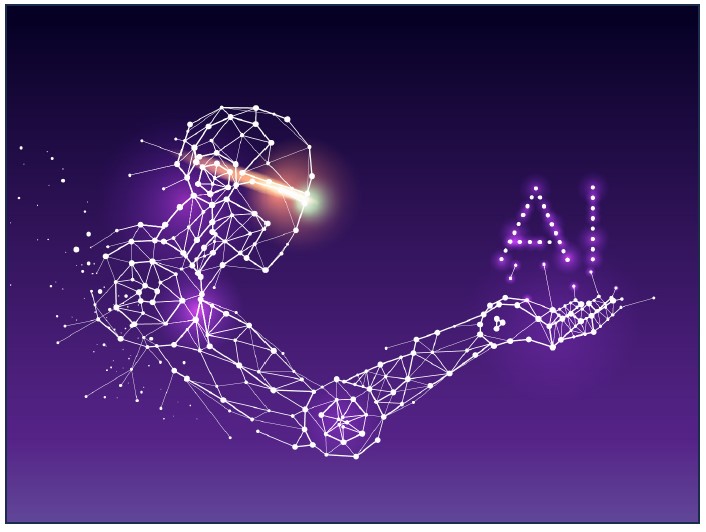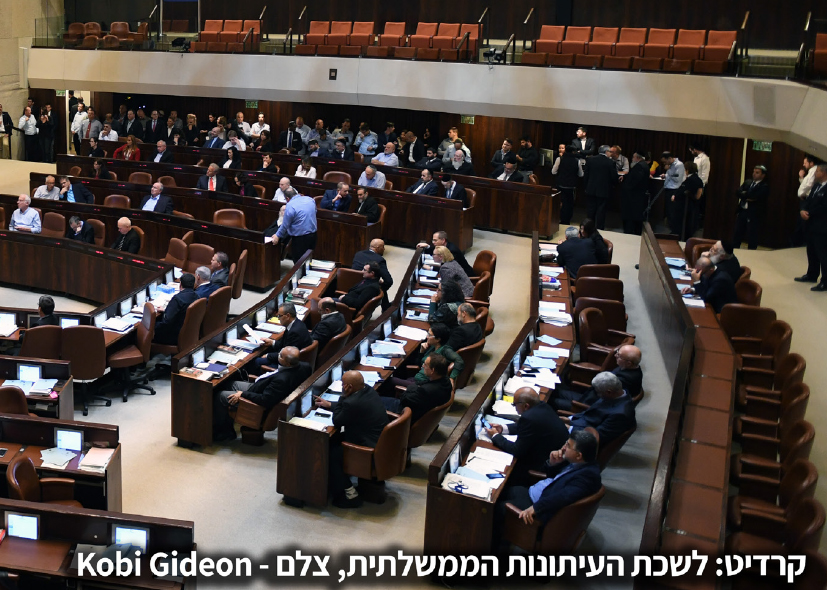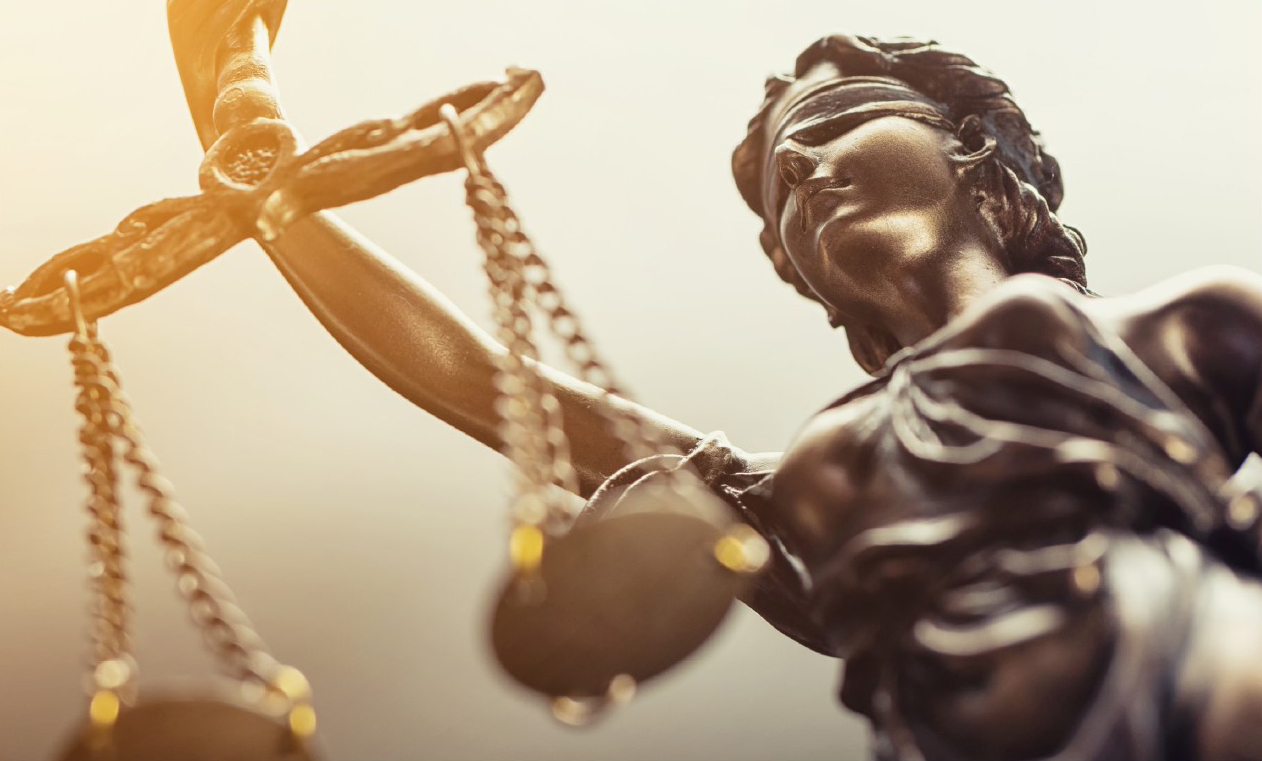Home Constitution and Fundamentals of Government The purposeful introduction Neither the court nor the government: the third authority should be strengthened
The recent political and public discourse, and in particular the public struggle sparked by Justice Minister Yariv Levin’s reforms, revolve around two central players: the government and the judicial system. On the one hand, supporters of the reform say that power should be returned to elected officials and the legal system should be reined in. On the other hand, opponents of the reform claim that there is no check on the government’s great power other than the judicial system, and that harming it would lead to the destruction of the democratic regime. But there is one authority that is hardly mentioned in this discourse. The Knesset.
But of all the reforms on the table, the most important reform – and it is not yet part of the political agenda – is transforming the Knesset into a strong, effective and purposeful body. A purposeful Knesset is one in which fingers are not automatically raised according to party or bloc divisions. It is a Knesset that knows how to cooperate and pass the Welfare Services for People with Disabilities Law together. A Knesset in which parliamentarians from the right and the left can embrace, because they were full of appreciation for each other’s work. A Knesset that is not only an impressive structure, and not only energetic members of the Knesset, but also contains the Shekhinah.
Sometimes it seems that in a discourse that is all about checks and balances, separation of powers, and what the people want, it seems that they have forgotten the body that best represents the people, certainly better than the government or the courts. The Knesset is the lighthouse. It is the place where the representation of the people is best expressed, even if not perfect. The right move at this time is not to strengthen the government and not to strengthen the courts. The right move at this time is to restore to the Knesset its dignity, which it – and we as a people – seem to have lost in recent times.
How do we do this? There are plenty of ways. Strengthening the work and powers of Knesset committees, strengthening the connections at the professional level between the Knesset and the government, strengthening the tools for overseeing the government and deepening discussions on budget laws and arrangement laws. The tools are there, what is needed for the process of strengthening the Knesset and turning it into a purposeful Knesset that represents the people is public and political willingness. And the time has come to demand this willingness. The time has come to put the Knesset at the center.
For many years, the Knesset was so heavily squeezed under the government’s pressure that it lost its independent ability to set its own agenda, to serve as a center for independent and genuine debate, and to oversee the government. For many years, constitutional and ethical questions also passed from the Knesset to the courts. We, too, as a society, have placed all our trust in the government to set policy and in the courts to restrain it. Our social and national demand for rules of proper administration, a functioning judicial system, the rule of law, and fairness has been placed on the shoulders of the courts.
The public debate we are conducting is at an impasse. Each side is entrenched in its positions, and we are unable to agree even on basic concepts such as democracy, separation of powers, and the decentralization of power. Every historical fact becomes a new controversy. But this debate is important – and the central arena in which it must take place should be the Knesset.
James Bradley Thayer, an American law professor, wrote as early as 1893 about the chicken-and-egg effect – when the legislature does not perceive itself as central in determining constitutional, principled questions, the court enters the picture and conducts judicial review; and when the court enters the picture, the legislature is disassociated from its role in determining principled and constitutional issues..
We don’t need to decide what came before what. We need to decide that we want to return the Knesset to the center of the public stage. To give it back the ability and incentive to fulfill its important roles – overseeing the government and the implementation of laws, creating and encouraging public debate, and setting budgetary priorities for the government.











Hannah Senesh
"There is only one thing that cannot be defended against - indifference."
Hannah Senesh

"There is only one thing that cannot be defended against – indifference."
Hannah Senesh